Does Castor Oil Expire? The Myths, the Facts, and the Risks!
Imagine this scenario: you've just come back from a long, stressful day at work and all you want to do is treat yourself to a relaxing bath with your favorite beauty products. You reach for your trusty bottle of castor oil, only to realize it's been sitting in your bathroom cabinet for months - maybe even years. Can you still use it? Does it expire?
These are questions that many of us have when it comes to natural products like castor oil. In this article, we'll explore everything you need to know about castor oil expiration - the myths, the facts, and the risks - so you can continue to enjoy the amazing benefits of this versatile oil without any worries.
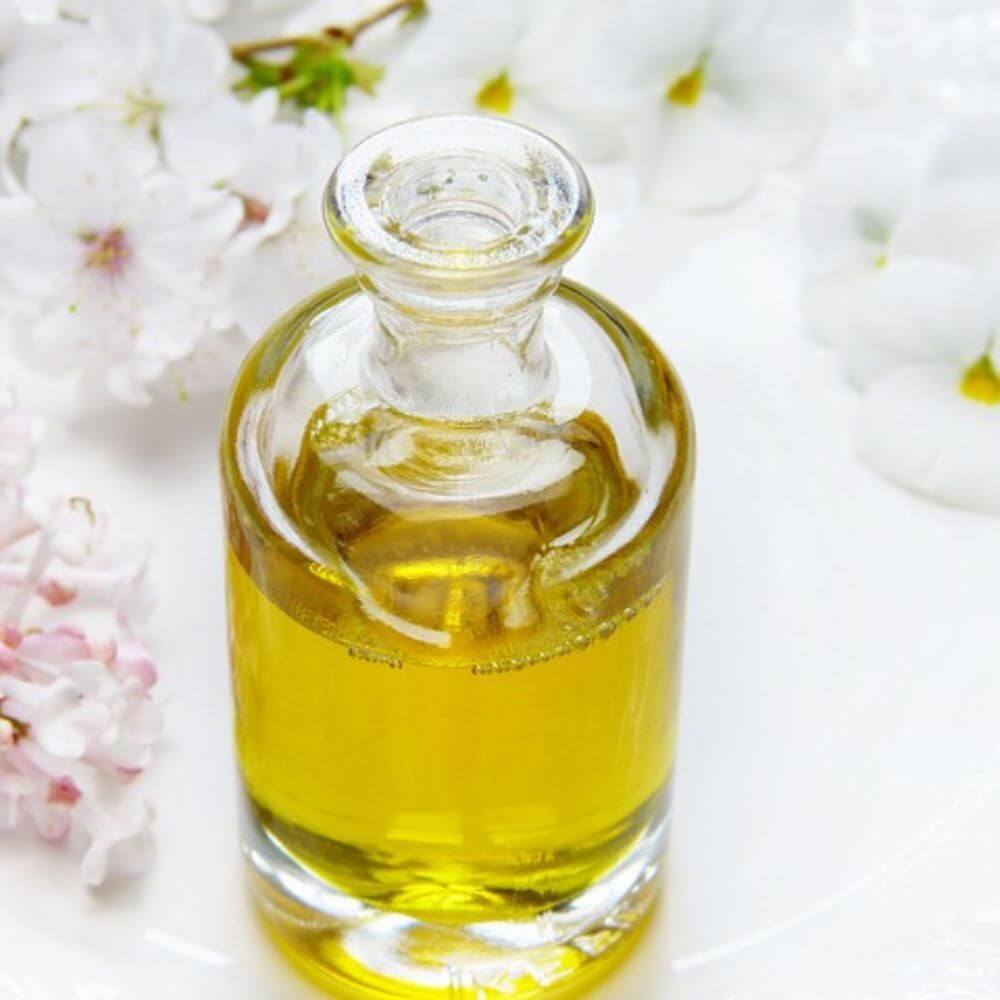
The Myths: What People Think About Castor Oil Expiration
Myth #1: Castor oil never expires.
This is a common misconception that can be dangerous if believed. Castor oil, like any other oil, has a limited shelf life, and it can go rancid over time. Rancid oil can produce harmful free radicals that can damage your skin and hair, and it can also cause gastrointestinal distress if ingested.
Myth #2: Castor oil is safe to use past the expiration date.
While it's true that some products are safe to use past their expiration date, castor oil is not one of them. The expiration date on the bottle indicates the date after which the oil may start to degrade and lose its potency. Using expired castor oil can have serious consequences, such as skin irritation, allergic reactions, and infections.
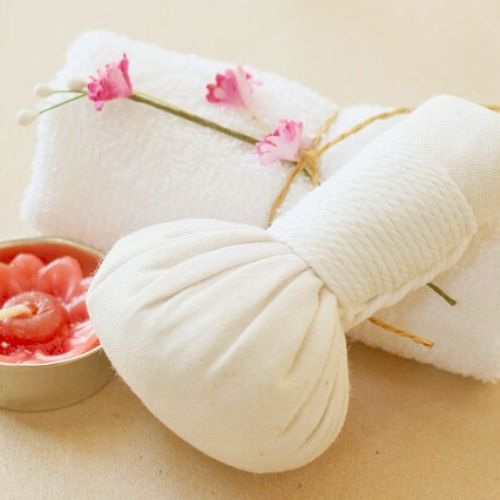
Castor Oil Basics
Castor oil is a vegetable oil that is derived from the seeds of the castor plant, which is native to India and Africa. It has been used for centuries for its numerous health and beauty benefits. Castor oil is rich in fatty acids, particularly ricinoleic acid, which is believed to be the primary reason for its therapeutic properties.
It also contains vitamin E, minerals, and proteins, which make it a nourishing and moisturizing ingredient for the skin and hair. Castor oil is widely used in the beauty industry, as well as in traditional medicine, due to its anti-inflammatory, antimicrobial, and laxative properties. It's a versatile and natural remedy that can be used for a wide range of purposes, from promoting hair growth to relieving constipation.

The Facts: What You Need to Know About Castor Oil Expiration
Castor oil is a vegetable oil that is derived from the seeds of the castor plant. It has a unique chemical structure that makes it highly resistant to oxidation, which is the process that causes oils to go rancid. However, castor oil is not immune to degradation, and it can expire over time if not stored properly.
The factors that can affect castor oil's shelf life include exposure to air, light, and heat. When castor oil is exposed to air, it can oxidize and become rancid. When it's exposed to light, it can break down and lose its potency. When it's exposed to heat, it can degrade and become less effective.
The shelf life of castor oil can vary depending on several factors, such as the quality of the oil, the storage conditions, and the amount of exposure to air, light, and heat. In general, unopened bottles of castor oil can last for up to two years, while opened bottles can last for up to six months to a year.
Castor Oil Common Uses
- Moisturizing the skin: Castor oil is a natural emollient that can help to hydrate and moisturize the skin. It's especially beneficial for dry and rough areas, such as the feet, hands, and elbows.
- Promoting hair growth: Castor oil is rich in fatty acids and vitamin E, which can help to nourish and strengthen the hair. Massaging castor oil into the scalp can stimulate hair growth and help to reduce hair loss.
- Relieving constipation: Castor oil is a natural laxative that can help to relieve constipation. It works by stimulating the muscles in the intestines, which can help to move stool through the colon.
- Reducing inflammation: Castor oil has anti-inflammatory properties that can help to reduce pain and swelling. It can be applied topically to inflamed areas or taken orally to reduce inflammation in the body.
- Treating acne: Castor oil has antimicrobial properties that can help to fight bacteria on the skin, making it a great natural remedy for acne. It can also help to reduce inflammation and redness associated with acne.


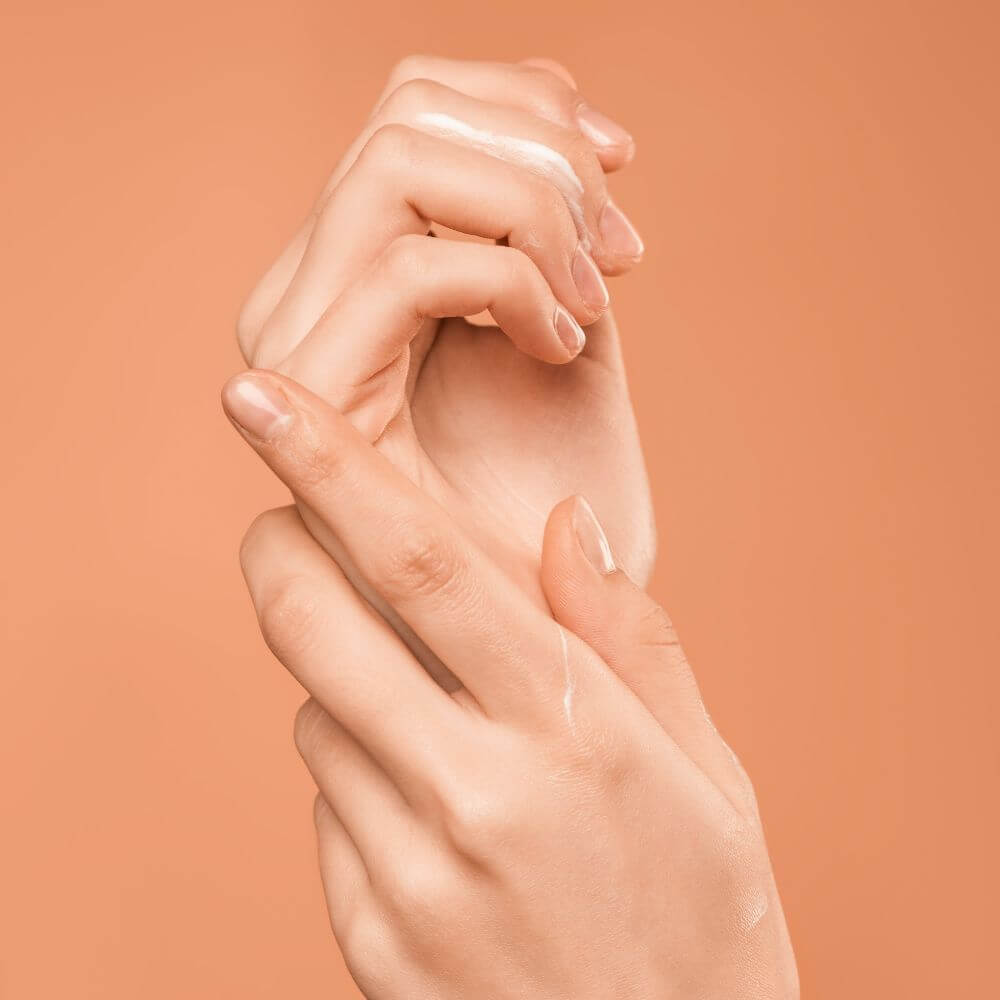
The Risks: What Happens When You Use Expired Castor Oil?
Using expired castor oil can have several negative consequences for your skin, hair, and health. Here are some of the risks:
- Skin irritation: Expired castor oil can cause skin irritation, redness, and itching, especially if you have sensitive skin. This can be a sign that the oil has gone rancid and is producing free radicals that can damage your skin.
- Allergic reactions: Expired castor oil can trigger allergic reactions in some people, especially if they have a history of allergies. Symptoms can include hives, itching, swelling, and difficulty breathing.
- Infections: Expired castor oil can become contaminated with bacteria or other pathogens, which can cause infections if they come into contact with your skin or eyes. Symptoms can include redness, swelling, and pain.
- Gastrointestinal distress: If you ingest expired castor oil, it can cause gastrointestinal distress, such as nausea, vomiting, and diarrhea. This can be especially dangerous for pregnant women, as castor oil is sometimes used as a natural labor inducer.


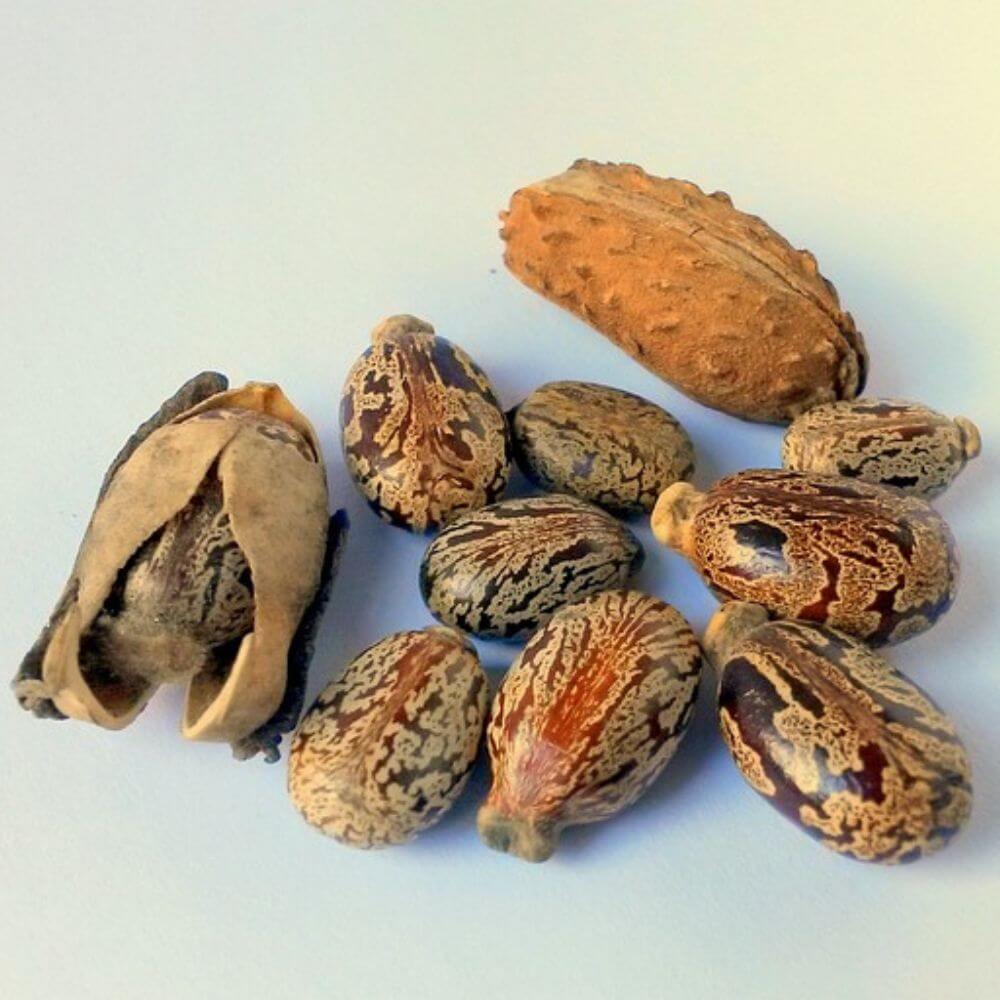
How to Extend the Shelf Life of Castor Oil
To extend the shelf life of your castor oil, there are a few simple steps you can take:
- Store it properly: To prevent your castor oil from going rancid, store it in a cool, dark place away from light and heat sources. A pantry or cupboard is a good option.
- Use airtight containers: Once you've opened your bottle of castor oil, transfer it to an airtight container to prevent air from getting in and causing oxidation.
- Check the expiration date: Before using your castor oil, check the expiration date on the bottle to make sure it's still safe to use. If it's expired, don't take any chances and dispose of it properly.
- Use it regularly: The more you use your castor oil, the less likely it is to expire before you can finish it. Consider incorporating it into your daily beauty routine to make the most of it.
- Consider refrigeration: If you live in a hot and humid climate, refrigerating your castor oil can help to extend its shelf life. Just make sure to bring it back to room temperature before using it.

Conclusion
In today's world, we're all striving for a healthier and more natural way of life. Castor oil is a great example of a natural ingredient that can provide numerous benefits for our health and well-being.
By taking care of your castor oil and being mindful of its shelf life, you can continue to reap the rewards of this amazing oil for years to come. So next time you reach for your bottle of castor oil, remember to treat it like the precious and valuable ingredient that it is. Happy healing and self-care, my friend!
You Might Also Enjoy Reading This!


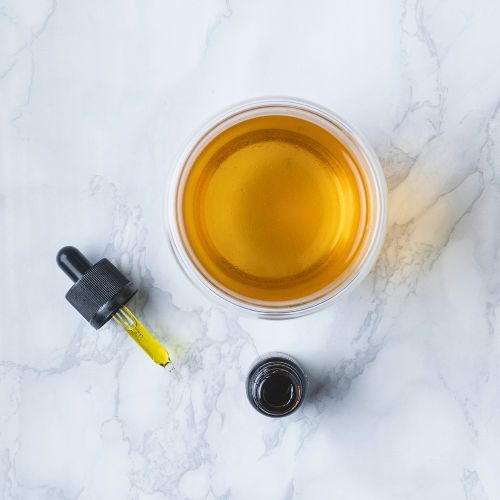

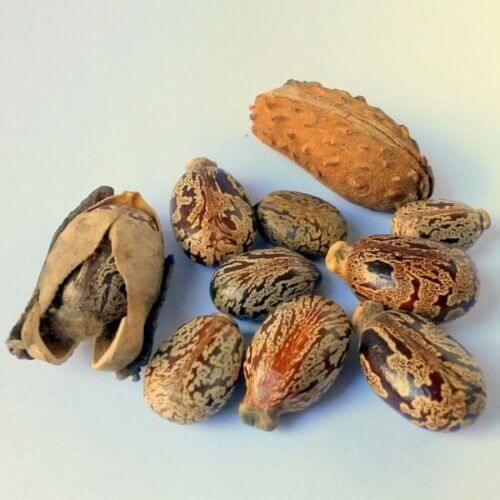
Disclaimer
Each of these products has been very carefully reviewed and selected by us at WellnessWishlist. All opinions in this article are our own, and we're proud to share them with you, however, all content is meant only to be informative and should not be taken as medical advice, nor used to diagnose, treat, and or prevent any health conditions. As Amazon associates, we may collect compensation from the affiliate links on this page, through qualifying purchases (that's how we stay in business). We truly hope you enjoy finding the next addition to your WellnessWishlist!


